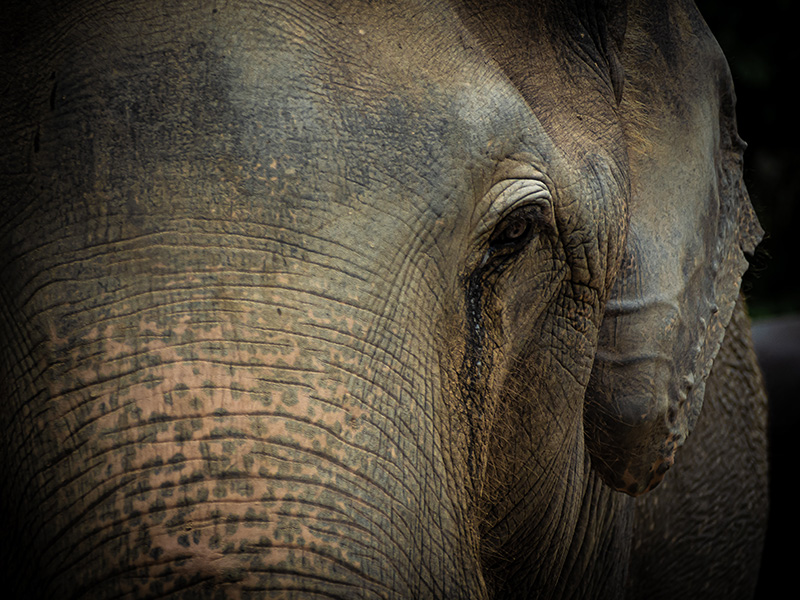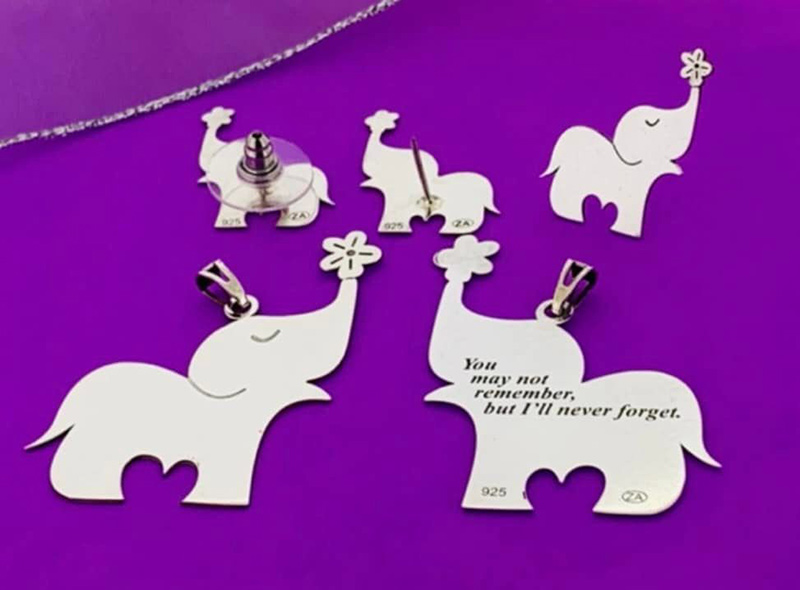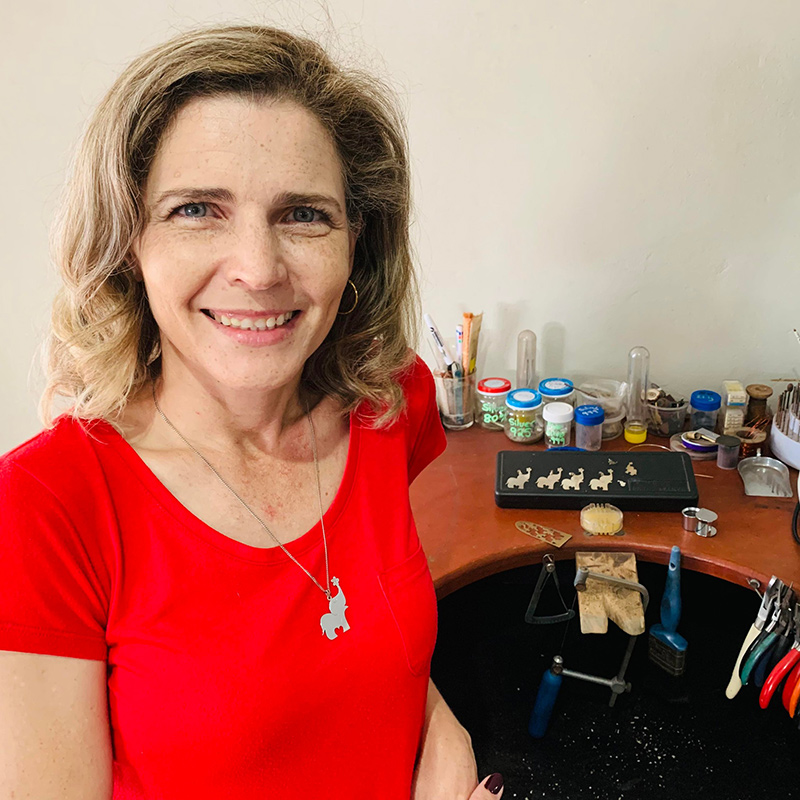Why is the elephant a symbol for Alzheimer’s disease?
“An elephant never forgets.”

You’ve heard it said, “An elephant never forgets.” This phrase isn’t simply a saying. It is backed by science. While elephants don’t remember every single thing, they do have incredible memories.
This is why the elephant is often used as a symbol for Alzheimer’s and dementia. It represents hope for finding a cure, developing medications that slow the disease process, and discovering more preventative methods to reduce the risk of developing Alzheimer’s or another form of dementia.
Why do elephants have such good memories?

Through observing and studying elephants, scientists and researchers have been able to determine elephants have remarkable memories. At The Elephant Sanctuary in Hohenwald, Tennessee, when one of the elephants was introduced to a newcomer, they showed signs of recognizing one another. It turns out the two elephants had met each other briefly 23 years before. Even humans would have a hard time remembering someone they met once 23 years ago.
Elephants’ brains are bigger than humans’ and have 257 billion neurons compared to the human brain which has about 100 billion. This could be one reason elephants have such excellent memories, but scientists have also discovered that elephants do not experience the same type of brain deterioration with age that humans do.




In elderly elephant brains, researchers have found a lack of amyloid plaque buildup—the plaque that many Alzheimer’s researchers point to as the cause of cognitive decline. Without this plaque buildup, elephants’ cognitive abilities can remain much sharper even as they age.
What is the reason for this lack of plaque buildup in elephants’ brains? One theory credits the elephant’s social nature. Elephants travel in herds, and unlike other herd-traveling animals, they know one another. They recognize each other. They know where the other members of the herd are at all times, and they know when an elephant is not a part of their herd. This indicates a strong social bond between elephants of the same herd.
Alzheimer’s research has found that strong social connections can reduce your risk of developing Alzheimer’s. Social and emotional connection is good for the brain. The elephant’s instinct to live in a tight-knit community could be one of the main reasons elephants are able to maintain a healthy brain for the duration of their lives.
Elephants and Alzheimer’s disease
Using the elephant as a symbol for dementia and Alzheimer’s has helped raise awareness about the disease. Adri Stander, (see below) an Alzheimer’s and dementia advocate and educator, has used this symbol to create necklaces and pendants in an attempt to raise awareness and understanding around dementia and Alzheimer’s.

You may not remember, but I’ll never forget.

As she said, “During COVID I struggled to find my footing, and signing up new clients with dementia proved challenging. I then went back to my creative roots in jewelry design and manufacturing. I was determined to make a contribution in the area of dementia, so I started to design a piece of jewelry that represents, supports, and raises awareness about dementia.”
Adri’s work features an elephant made from sterling silver holding a forget-me-not flower. On the back is a lovely inscription: “You may not remember, but I’ll never forget.”
You can order one of Adri’s pieces by emailing her at [email protected] or visiting her Facebook page here.
This is just one creative avenue advocates are utilizing to bring more attention and understanding to dementia. If you’re interested in learning more about how you can help raise awareness for Alzheimer’s and dementia, contact your local Alzheimer’s association chapter.
An elephant never forgets, and may we never forget the more than 60 million Americans living with Alzheimer’s today.
Raise awareness.
Be an advocate.
And fight for a better future for those who are living with Alzheimer’s and dementia and for those who are at risk.





